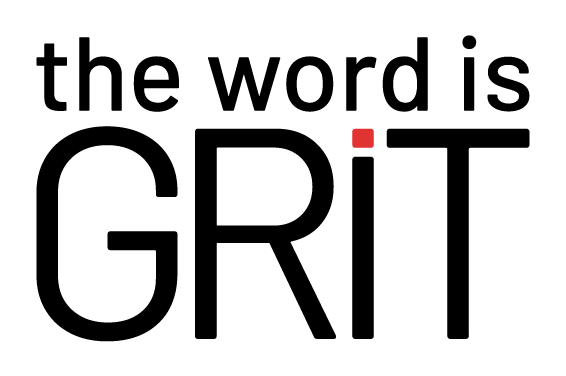The Power of Habit by Charles Duhigg
For over 6 months, the Power of Habit was on my to-read list. I’ve always been interested in psychology, but my business to-read list is so long, that I hadn’t picked up a psychology book for a while. However, this book combines the topics of business and psychology, most notably in regards to the habits of consumers.
The Power of Habit is written by Charles Duhigg, an investigative journalist and Pulitzer-Prize winning author of the NY Times series, iEconomy.

While Duhigg’s background is not in psychology — academic, research, or practice — the author read hundreds of scientific papers and interviewed many of the scientists who wrote them. As a result, The Power of Habit includes scientific findings on habit formation and change from the fields of social psychology, clinical psychology, and neuroscience.
This is not a self-help book conveying one author’s homespun remedies; it’s a serious look at the science of habit formation and change.
Duhigg applies the concept of habit across three key entities of the world. Accordingly, the book is divided into three parts:
- Part 1: The Habits of Individuals
- Part 2: The Habits of Successful Organizations
- Part 3: The Habits of Societies
The Power of Habit was published in 2012, is 371 pages, and costs US$16.
My thoughts on The Power of Habit
The book is full of stories about the habits of individuals, organizations, and societies and how each of them behaved and transformed their habits. Part 1 is very exciting and fun to read. It introduces the concept and shows how large scale B2C companies such as Procter & Gamble and Target use consumer habits to drive revenue.
However, as I got into Parts 2 and 3 of the book, the writing became repetitive and tedious to read. It was not compelling at all. The problem with the book is that it is stretched out too much; it could have been cut down to 200 pages. The crux of The Power of Habit could be explained in less than 10 pages.
All said it did offer valuable insights on how the habits of organizations and societies work, and how they can be changed to improve outcomes.
Who is The Power of Habit for?
Part 1, The Habits of Individuals, is useful for everyone. It is particularly useful for B2C marketers to understand how consumer habits are developed and how businesses can help change those habits.
The rest of the book is for people in leadership roles like business leaders, social activists, and politicians.
In conclusion, I really enjoyed the concept of The Power of Habit and totally agree with its findings. I’ll be using it in my personal life as well as my business life.
